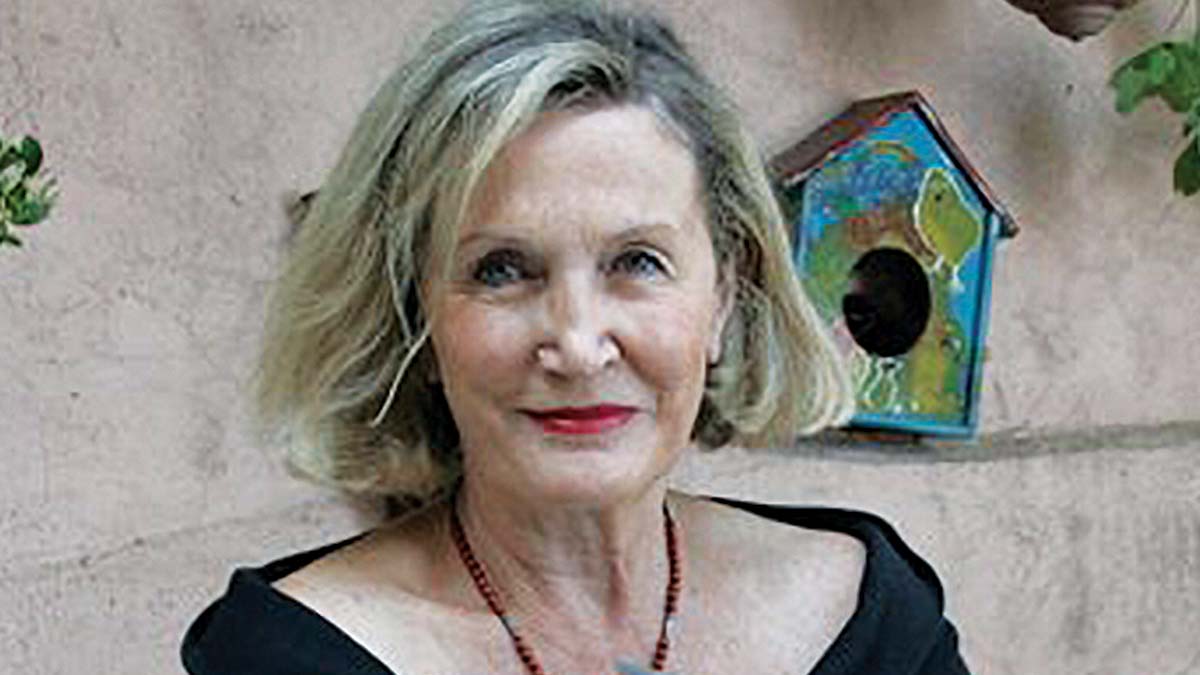AS I SEE IT
MARIANNE HERON
Not often in these post-Brexit times that I advocate taking a leaf out of the Brits’ book. But here’s a good idea; PM Ritchie Sunack wants to encourage older workers back into the work force as it emerges that thousands of early retirements are holding back economic recovery. Offers to elders will include a midlife MOT to check the financial health of retirees who may not have seen the cost-of-living impact coming, plus highlighting flexible work opportunities, mentoring and skill retraining.
In contrast, here in Ireland there have been several doom-laden stories recently about the burden the country faces due to our ageing population and the pressure oldies will place on health services and resources. It’s enough to make anyone over 66 feel they should be apologising for growing older. We could be celebrating our years when we have earned a bit of ease rather than being made to feel we ought shuffle off our mortal coils.
Here is what our National Positive Ageing Strategy says about this kind of carry on: ”What Ireland needs now is a strong vehicle to challenge assumptions about older age as a period of ill-health and decline and population ageing as a burden and a cost.” Quite frankly, you would need a bloody great bus to drive our apocalyptic vision of ageing off its well-worn track.
That bus could be armed with some relevant facts: among them the fact that 60 % of over 65s are still contributing to their families, 45% volunteer and 45% are involved in caring for their grandchildren. Eight per cent are still working and I am sure more either want or need to work and would be employed were it not for ageist attitudes. Only six per cent are in care homes and 85% feel their health is good.
Take a look around though: last month at 84, Mary Jerram Pyle became Trinity College’s oldest PhD graduate by completing her thesis entitled ‘Harry Potter And The Unconscious Dimension’. Her secret for successful ageing is to stay involved, echoing the World Health Organisation’s No.1 factor for ageing well – participation, ahead of staying healthy and having security. An 84 years old mate of mine is still enjoying his work as a gardener and time with his 24 grandchildren and great grandchildren, His secret? “Keeping on going,” he says.
Yet, attitudes persist which continue to view later age as a time of decline and dependency and which prevent the very participation which promotes successful ageing as a time of fresh beginnings and of new possibilities. One of the scare statistics that get trotted out ad nauseam is that, while we currently have five tax-paying workers supporting each retiree, the ratio will drop to three in 20 years. Okay so, as the next generation caused the birth rate to drop sharply we need more people to swell the labour force which makes it important to allow the growing tide of refugees to work.
Equally we could use the skills and experience of older people.
We have a booming economy, full employment and skill shortages, especially in the hospitality and retail sectors. So why not use a bit of imagination and incentivise involvement for older folk? What about shorter working hours, job sharing and, for heavens sake, why not give them tax incentives?
There may be more of us but we are better educated, better off and in better health than previous generations and we have a potential to contribute to economic, social and cultural development. We need to ask about the impact of being blindsided by the sudden ending of a career and how the lack of preparation for this new stage in retirement affects later life. Isolation and lack of involvement without work or social contact can lead on to decline or anhedonia, a sad state where older people can become depressed and lose interest in life. Who wants to spend a time in isolation on a shelf marked retirement?
It’s worth looking at ideas like Sunak’s or those in America where people continue on to encore careers, encouraged by Life Reimagined, a programme run by the American Association of Retired People( AARP) where preferred working hours are between 11 to 30 hours a week.
It’s a matter of teaching dogs young and old new tricks with the realisation that later life is different now, there’s old, old age the way it used to be and there is the dynamic new old age.

















